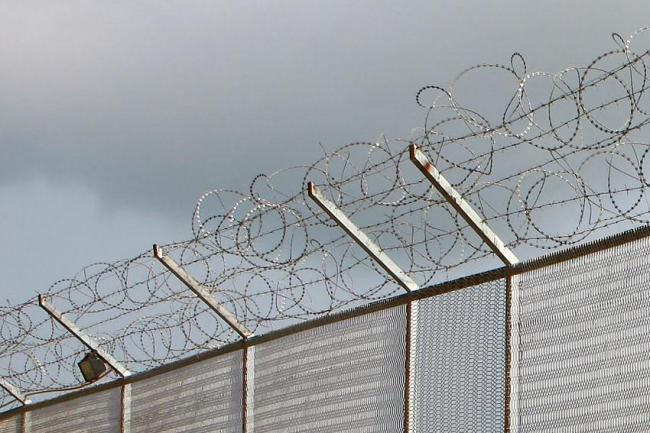
With two executions of minors looming, UN rights experts urge Iran to halt death penalty
The call comes as two people – one 17 at the time of sentencing, and one 15 – were given dates for the sentencing.
“These executions must be halted immediately and the death sentences quashed. We also call on Iran to commute without delay all such sentences imposed on children,” said Asma Jahangir, Special Rapporteur on the situation of human rights in the Islamic Republic of Iran; Agnes Callamard, Special Rapporteur on extrajudicial, summary or arbitrary executions; and Benyam Dawit Mezmur, Chairperson of the Committee on the Rights of the Child.
Mehdi Bohlouli, who was 17 at the time of his sentencing in 2001, was due to be executed on 19 April. His execution was halted a few hours earlier but the status of his sentencing is unclear.
Meanwhile, Peyman Barandah, who was sentenced in 2012 at the age of 15, is scheduled to be executed on 10 May.
“These two cases bring the total of juvenile offenders scheduled for execution that we have become aware of in Iran since January to six. They include the cases of two young persons whose executions was carried out,” the experts noted.
In 2013, Iran amended its Islamic Penal Code and opened the possibility of juveniles sentenced to death to be allowed retrials. Later, assurances were given in 2016 by Iran to the UN Committee on the Rights of the Child that this amendment would apply systematically for all juveniles who are currently on death row.
In addition, the experts pointed out that by ratifying both the International Covenant on Civil and Political Rights and the Convention on the Rights of the Child, Iran has committed itself to protecting and respecting children's right to life as well as to outlaw the death penalty for all those under the age of 18.
“These promises have not been fulfilled: Some of the young men executed recently were not even aware of the possibility of retrials, and the requests made by Mehdi Bohlouli and Peyman Barandah for retrial were simply rejected by the Supreme Court,” said the experts, adding that in numerous other cases, the courts had simply sentenced juvenile offenders to death again after retrials.
Special Rapporteurs and independent experts are appointed by the Geneva-based UN Human Rights Council to examine and report back on a specific human rights theme or a country situation. The positions are honorary and the experts are not UN staff, nor are they paid for their work.
UN Photo/Martine Perret
Source: www.justearthnews.com
Support Our Journalism
We cannot do without you.. your contribution supports unbiased journalism
IBNS is not driven by any ism- not wokeism, not racism, not skewed secularism, not hyper right-wing or left liberal ideals, nor by any hardline religious beliefs or hyper nationalism. We want to serve you good old objective news, as they are. We do not judge or preach. We let people decide for themselves. We only try to present factual and well-sourced news.







